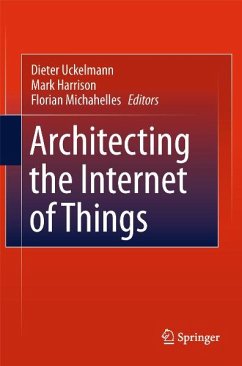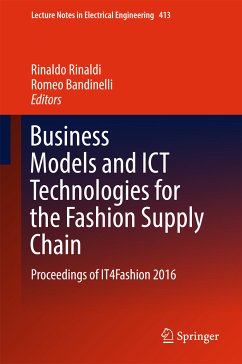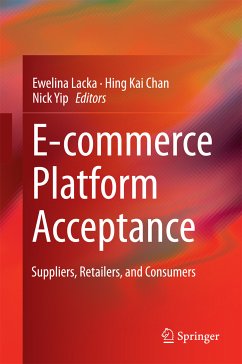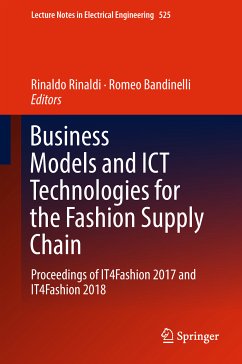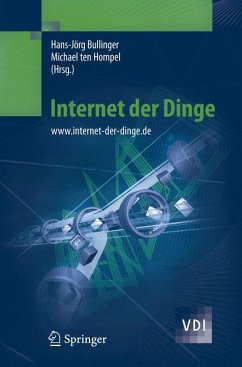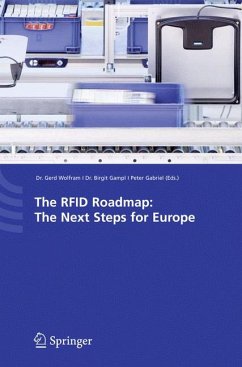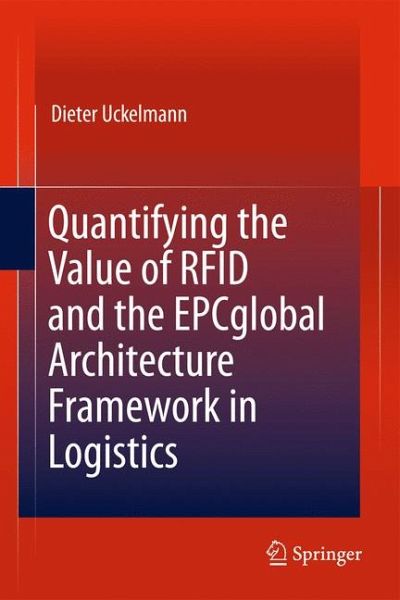
Quantifying the Value of RFID and the EPCglobal Architecture Framework in Logistics (eBook, PDF)
Versandkostenfrei!
Sofort per Download lieferbar
72,95 €
inkl. MwSt.
Weitere Ausgaben:

PAYBACK Punkte
36 °P sammeln!
The "EPCglobal Architecture Framework" is currently the most accepted technical approach to the Internet of Things and provides a solid foundation for building Business-to-Business information networks based on unique identifications of 'things'. Lately, the vision of the Internet of Things has been extended to a more holistic approach that integrates sensors as well as actuators and includes non-business stakeholders. A detailed look at the current state of the art in research concerning cost and benefit estimations is provided and the limits of Cost Benefit Sharing for RFID-based IT-infrastr...
The "EPCglobal Architecture Framework" is currently the most accepted technical approach to the Internet of Things and provides a solid foundation for building Business-to-Business information networks based on unique identifications of 'things'. Lately, the vision of the Internet of Things has been extended to a more holistic approach that integrates sensors as well as actuators and includes non-business stakeholders. A detailed look at the current state of the art in research concerning cost and benefit estimations is provided and the limits of Cost Benefit Sharing for RFID-based IT-infrastructures are explained. In this work a market driven evaluation based on sales potential of information is developed. Simple technical means for aggregation of micro values to a billable amount are discussed. The requirements for electronic billing infrastructure are defined and a matching e-billing solutions for an evaluation scenario is presented, providing a technical infrastructure to evaluate and bill product-related information in a future Internet of Things, based on an extended EPCglobal Architecture. Further opportunities and threats are discussed to provide an overview of its future potential. As a result it will contribute to the sustainable success of the Internet of Things itself.
Dieser Download kann aus rechtlichen Gründen nur mit Rechnungsadresse in A, B, BG, CY, CZ, D, DK, EW, E, FIN, F, GR, HR, H, IRL, I, LT, L, LR, M, NL, PL, P, R, S, SLO, SK ausgeliefert werden.




